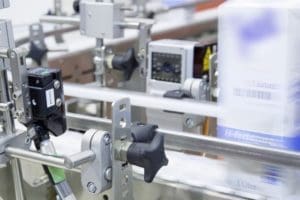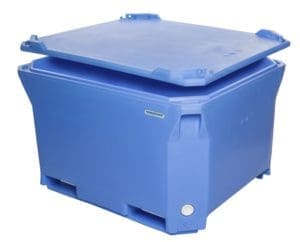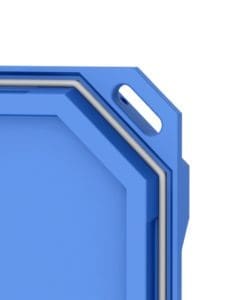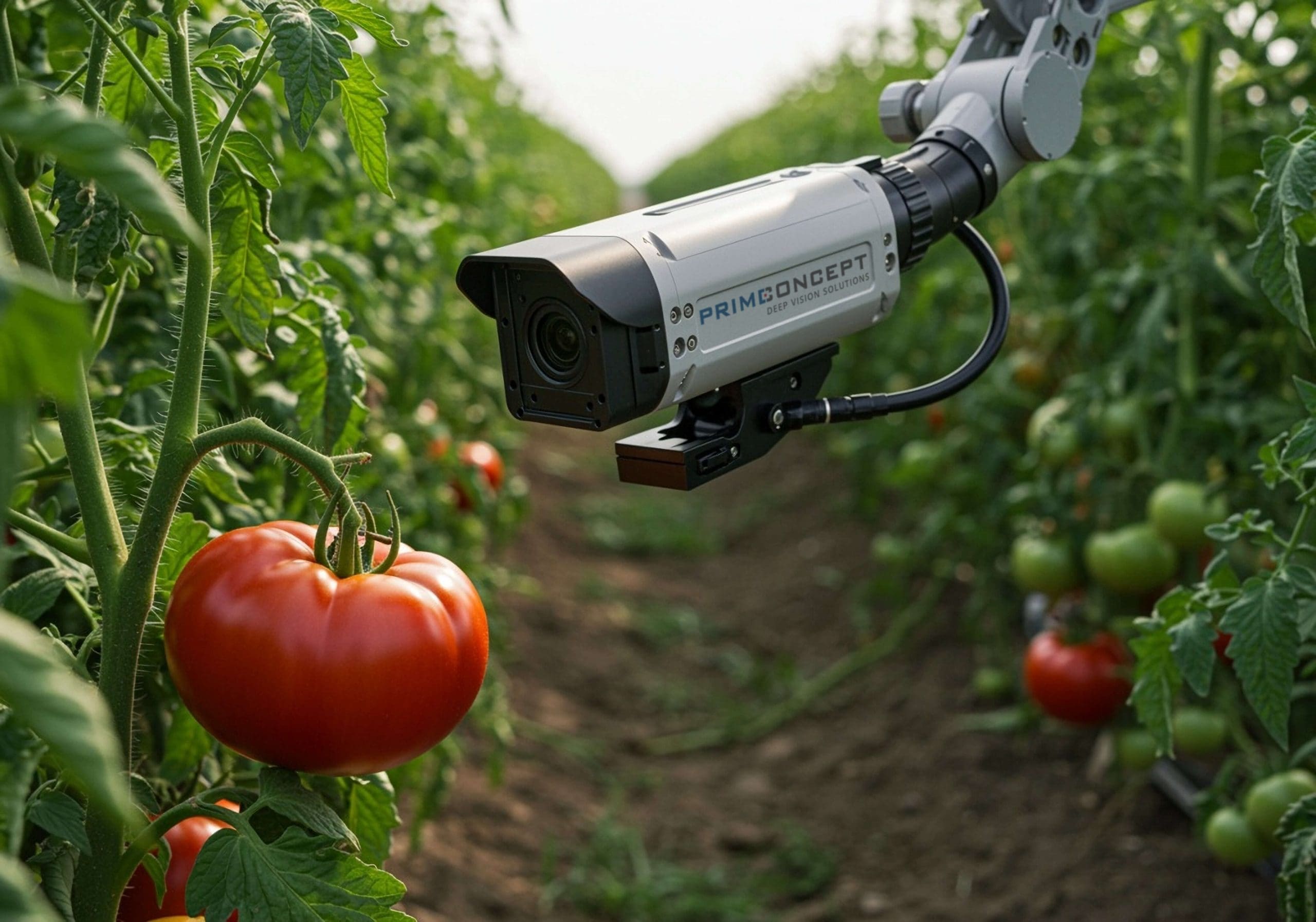Making products traceable is a reliable means of increasing the transparency of the supply chain while protecting consumers. In the pharmaceuticals industry, the coding of medicinal products is governed by directives in many countries. However, Track & Trace is also gaining ground in the food industry. Indeed, products are labeled in such a way that they can be traced on their way through the entire supply chain. This makes product recalls much more straightforward while also making it increasingly difficult for the product to be tampered with. The necessary coding solutions form part of the packaging process and therefore need to be integrated into existing packaging guidelines. In order to make this process as smooth as possible, precise knowledge of processes and expertise in the sector are advantageous.
The complexity of implementing such projects is not to be underestimated! The challenge here lies, on the one hand, with the company implementing the process. This entails analyzing processes and potentially standardizing them, providing sufficient financial resources and personnel as well as finding a suitable provider. For the provider of serialization systems and software, the task involves knowing the production and packaging processes of their customer and their product and production-specific testing requirements inside out. Only then the provider is able to use the perfect solution in the right place and depict the corresponding data flows. Providers not only need to demonstrate extensive software knowledge, but also detailed expertise where sensors and actuators are concerned. Only those who also accurately understand the product flow of the packager and boast plenty of experience in the mechanical integration of machines and modules into the packaging line, will ultimately be able to successfully implement complex serialization projects.
Benefits of pharmaceutical industry expertise
In the meantime, a large number of projects from the pharmaceutical industry have been successfully implemented. In doing so, the spectrum ranges from the manageable serialization requirements of small to medium-sized companies to the cross-site, multi-stage aggregation of global pharmaceutical companies. With this in mind, it makes sense to benefit from such experience and refer to tried-and-tested concepts. An example here is the German provider Laetus. The company with headquarters based in the Engineering Region of Darmstadt Rhein Main Neckar, near Frankfurt, offers end-to-end solutions for the pharmaceutical, medical technology, cosmetics and food industry and is armed with more than 40 years of experience in Inline quality control. Laetus has been part of the Danaher Group since 2015 and operates with more than 250 employees and branches in the USA, Mexico, Brazil, China, UK, Italy, Spain, Poland and France as an independent company within the product identification platform PID. Furthermore, around 50 agents and distributors represent the company across the globe. As such, the provider is perfectly positioned to offer visual inspection solutions as well as Track & Trace in order to even be able to successfully implement complex, global projects.
Flexible architecture for needs-oriented development
The core is a GAMP-compliant software architecture with a modular structure, which covers all levels of the ISA 95 standard in its multi-level design. Depending on needs, this covers all requirements placed on reliable traceability from simple serialization, to multi-stage aggregation, through to commissioning steps in the warehouse and along the supply chain. Of advantage here is the scalability of software, whose range of functions can be adjusted in line with equipment requirements without a great deal of expenditure. In addition, the company offers an extensive range of machines and modules, which can be used to cover the various requirements placed on coding and verification on various materials directly on the packaging line or offline.
Quality assured with vision inspection
Laetus has established itself over the decades with its systems for vision inspection in the packaging process. Coding tasks can be extended in the packaging process with vision inspections in order to assure the quality of products in the packaging process. Here the inspection tasks range from code reading and pressure monitoring of additional information in plain text and images, to filling inspection, through to the inspection of a large number of features and properties of the product packaging.
Service and support are the key to success
Alongside the much needed experience, the service and support performances and capacities are ranked as the key criteria behind the success of such a project.
Laetus detected this need at an early stage and has developed an extensive global network for individually tailored services.
This includes reliable project management. If needed, as prime contractor Laetus assumes responsibility for the entire process from the planning phase through to commissioning. Service Level Agreements tailored to requirements, reliable repair and spare parts service, around the clock support via the hotline, online meeting or remote and the extensive training offer from the Track & Trace Academy round off the offer and not only secure your investment, but also the safety of food produce.








